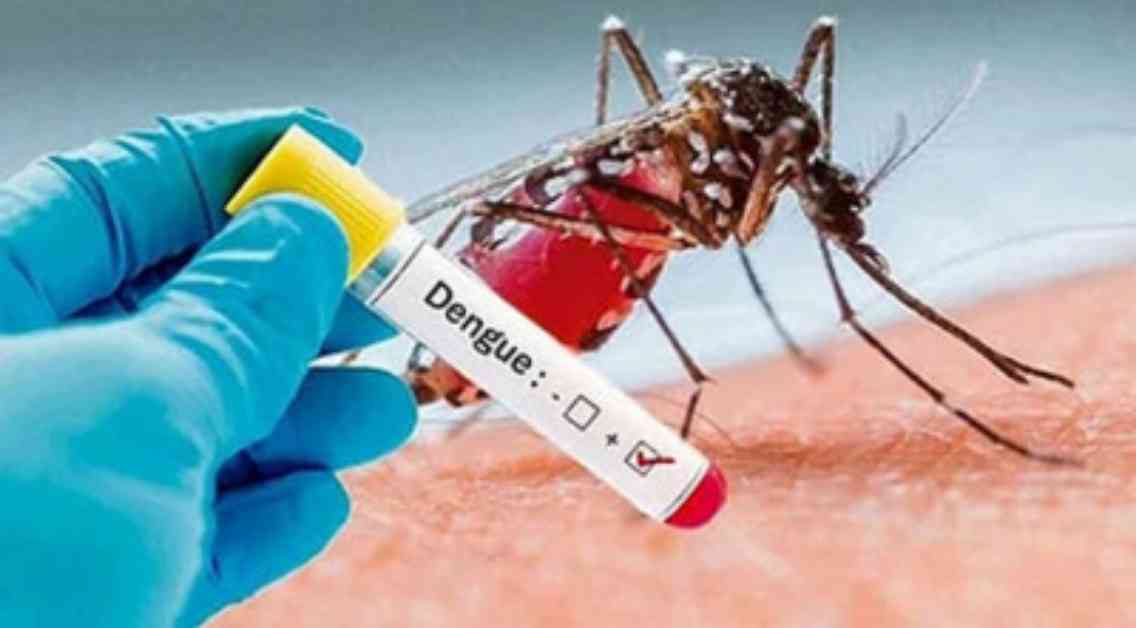No one has died from dengue in the last 24 hours, but 17 individuals have been admitted to various hospitals across the country. The Health Emergency Operations Center and Control Room sent out a press release on Wednesday (March 12) with this information.
Within the past day, dengue patients admitted to hospitals include seven from Barishal division (outside the city corporation), five from Chittagong division (outside the city corporation), one from Dhaka division (outside the city corporation), three from Dhaka South City Corporation, and one from Rajshahi division (outside the city corporation).
In the last 24 hours, 23 dengue patients have been discharged from hospitals. So far this year, a total of 1,580 patients have been discharged from hospitals due to dengue.
From the beginning of the year until March 12, a total of 1,678 individuals have been affected by dengue. Among them, 62% are male and 38% are female.
No deaths have been reported due to dengue in the last 24 hours, but 13 individuals have lost their lives to dengue so far this year.
From January 2024 to December 31, a total of 1,214 individuals have been affected by dengue, resulting in 575 deaths.
From January 1, 2023, to December 31, a total of 705 individuals lost their lives due to dengue, with three million, 21 thousand, and 179 individuals being admitted to hospitals due to dengue.
The recent data on dengue cases, while alarming, highlights the ongoing battle against this mosquito-borne disease in Bangladesh. The efforts to combat dengue are crucial to ensuring the health and well-being of the population.
Challenges in Dengue Prevention
Despite extensive efforts to control the spread of dengue, the rising number of cases each year presents a significant challenge. The lack of effective mosquito control measures and public awareness campaigns contributes to the continued prevalence of dengue in the country.
Dr. Rahman, an expert in infectious diseases, emphasized the importance of proactive measures in preventing dengue outbreaks. He stated, “Early detection and timely treatment are essential in reducing the severity of dengue cases and preventing fatalities.”
Community Response and Collaboration
Community engagement and collaboration between local authorities, healthcare providers, and residents are essential in combating dengue. Public health campaigns, clean-up drives, and the use of insect repellents can help reduce mosquito breeding grounds and prevent the spread of the disease.
As a community member, I have witnessed the impact of dengue on families and communities firsthand. The fear and uncertainty that come with a dengue diagnosis underscore the importance of raising awareness and taking proactive measures to prevent the disease.
In conclusion, the fight against dengue requires a collective effort from all sectors of society. By working together to implement preventive strategies and support those affected by the disease, we can minimize the impact of dengue and protect the health of our communities.
























